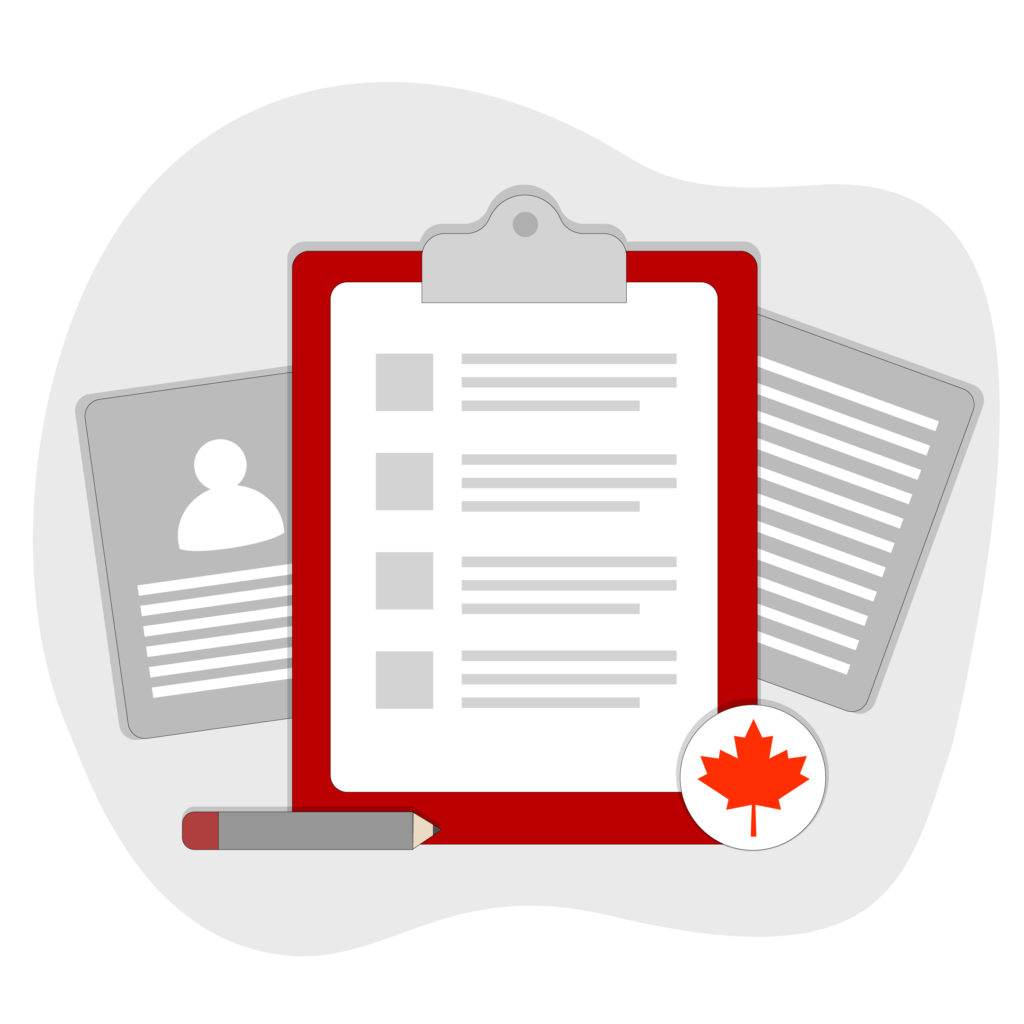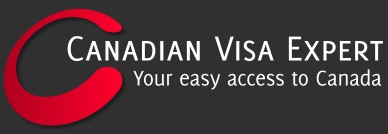Relocation to Canada
When you immigrate to Canada as a new permanent resident, there are important steps you should take before and after your arrival.
After you are approved for Canadian immigration, but before you travel to Canada, you should gather together documents regarding you and your family members (as relevant) to bring with you when you immigrate, such as birth certificates, marriage certificates, divorce certificates, death certificates, adoption documents, medical records, vaccination records, passports, Confirmation of Permanent Residence (COPR), International Driving Permit and/or driving license, and educational certificates, diplomas, degrees and transcripts.
In the event that any of the documents is not in English or French, you should get certified translations of the document(s) into English (or French, if you will be moving to Quebec).
Another step to take before you immigrate is to arrange for where you will live in Canada after you arrive in the country, such as making reservations to stay at a hotel in a good location in the city where you plan to reside or making arrangements to live with friends or family.
It is also a good idea to take your English or French language abilities to a higher level prior to moving to Canada if you are not a native speaker, with an emphasis on the language that is most commonly spoken in the area where you will live in Canada.

Furthermore, you should plan your strategy for finding jobs in Canada, such as learning if your occupation is regulated and if it is, knowing what you must do in order to start working in Canada; collecting your educational certificates, diplomas, degrees and transcripts; receiving an Educational Credential Assessment (ECA) or otherwise obtaining recognition of your credentials in Canada; getting letters of recommendation or reference from previous employers; and learning how to find and apply for Canadian employment in your occupation.
A practical step to take prior to Canadian relocation is to learn about the city and province or territory where you plan to live in Canada, including potential employers, neighborhoods where you might want to live, the cost of housing, schools (including how and when to register), locations of stores, restaurants, public transportation, etc.
Begin educating yourself and your family about the federal and provincial or territorial laws, as well as your rights and obligations as a permanent resident of Canada.
Before you move to Canada, it is recommended to buy private health insurance for yourself and each accompanying family member to cover you and your family until you can receive universal health care in the province or territory where you will live in Canada.
Be sure to bring warm clothes (such as winter coats) for all family members when you move to Canada, especially if it is in winter, but also during the spring or fall when the there may still be cold temperatures.
After you immigrate to Canada, one of the first steps you should take is to apply for a Health Card (sometimes called a Care Card) in the province or territory where you will live in Canada.
It would also be good to contact one of the immigrant settlement organizations in the province or territory where you will live in Canada, since they offer free services, such as helping you find jobs in Canada, seek housing, open a bank account, register your children for school, improve your English or French language abilities, etc.

You should also update your address with the Canadian immigration agency on their website so they can send your Permanent Resident Card(s); apply for a Social Insurance Number (which is required for Canadian employment); and open a bank account in the province or territory where you will live in Canada.
The first week that you are living in Canada as a permanent resident is a good time to get a mobile phone with a local Canadian phone number and to gain access to the Internet, since both will be crucial when opening a bank account, looking for Canadian employment, searching for long-term housing, and staying in touch with family or friends in your home country, etc.
You will want to start looking for longer-term housing and Canadian employment if you have not already done so.
If you have children, it will be important to learn about the local educational options (public or private) and register them for school.
Find out where you can access a health care center and physician in the event that you or your family need medical care.
You will be permitted to drive in Canada for a limited amount of time with a valid driving license from your home country or an International Driving Permit, however, you will need to apply for a Canadian driving license in the province or territory where you will live in Canada, if you want to be allowed to drive in Canada long-term.
Each person who immigrates to Canada is unique, so some of these steps may not apply to you (for example, if you do not have children) and you may want to add some steps to this list (for example, what is required if you will bring a pet with you).
The very first step of the process, before you take any of the steps mentioned above, is to find out if your qualify for immigration to Canada and which of the many Canadian immigration programs you should apply for.
Since 2012, Canadian Visa Expert has been collaborating with authorized immigration consultants who can evaluate your eligibility for immigration to Canada and guide you through the application process if you qualify.
Are you ready to take the first step?
DISCLAIMER: This guide is not and shall not be considered as professional or expert advice.
